Trust is the backbone of any successful relationship, especially between a company and its customers. In customer support solutions, keeping trust strong is key to ensuring customers stay satisfied and loyal. When trust is present, customers feel valued and understood, leading to positive interactions and long-lasting partnerships. However, when something goes wrong—a technical glitch, a misunderstood policy, or a delay—trust can waver, presenting a challenge for businesses to address swiftly.
Service failures are inevitable at times, and understanding their impact can help prevent lasting damage to customer relationships. When customers experience dissatisfaction, they might lose faith in a company’s ability to deliver on promises. These moments of failure can be opportunities to reinforce trust if approached correctly. By acknowledging the mistake, making amends, and ensuring improvements, businesses can often come out stronger, retaining the customer relationship in the process.
Acknowledge the Failure
Admitting a mistake might seem daunting, but it’s a crucial step in mending a broken connection. Transparency is key here. When a company openly addresses a problem, it shows customers that they are respected and valued. This kind of honesty not only eases tension but also opens up a path for healing. Customers appreciate it when businesses admit errors rather than covering them up or shifting blame.
There are a few strategies for offering an effective apology, which is itself a powerful tool. A well-crafted apology includes a genuine expression of regret, a brief explanation of what went wrong, and a sincere promise to resolve the issue. Keep it simple and direct. For example, if a delivery was delayed, a company could say, “We’re sorry for the delay in your order. We’re experiencing some unexpected issues, but we’re actively working to get it resolved. We appreciate your patience.”
Communicating apologies effectively involves choosing the right channels and timing. Consider using emails, phone calls, or even SMS depending on the nature of the failure. Personalized messages often carry more weight and sincerity. When customers hear a personal apology, it fosters a sense of genuine care and commitment to making things right.
Immediate Corrective Actions
When a service failure occurs, swift and decisive correction is vital. Addressing the problem quickly demonstrates commitment and respect to customers, helping to regain their trust sooner rather than later. Begin by determining the root cause of the issue. This ensures the solution isn’t just a temporary fix but a lasting resolution that prevents recurrence.
Once the corrective action is decided, it’s important to communicate these steps to customers. Transparency during this stage reassures them that their concerns are being taken seriously. This communication might include:
– A clear explanation of what is being done to resolve the issue.
– Details on the timeline for the completion of these actions.
– Reassurance of how the actions will prevent similar issues in the future.
Feedback is invaluable at this stage. Encourage customers to share their thoughts and experiences, helping the company understand their perspective and adjust actions accordingly. Letting customers know that their feedback is actively sought and cherished helps them feel like a part of the solution.
Long-Term Strategies for Rebuilding Trust
Preventing future failures is fundamental in reassuring customers of a business’s reliability. Start with a thorough examination of current practices to identify any weaknesses that might lead to failures. This could involve revising policies, updating systems, or enacting new training programs for staff.
Continuous improvement of customer support solutions is crucial. Investing in cutting-edge technologies that enable more efficient and responsive customer service can make a big difference. Regular training sessions for employees deliver consistency in service quality and keep team members informed about the latest practices and tools in customer relationship management.
Building a feedback loop is essential. Create multiple channels for customers to easily share their thoughts on the solutions provided. This could be through surveys, feedback forms, or dedicated support interactions. By using this information, a business can make informed adjustments that progressively enhance service quality.
Personalized Follow-Ups
Once immediate actions have been communicated and long-term strategies implemented, personalized follow-ups ensure the relationship continues to thrive. Customers appreciate feeling recognized and valued. Thus, addressing them individually reinforces a personal touch and shows commitment to their unique experience.
Consider offering gestures of goodwill for those affected, such as discounts or special deals. These gestures can ease dissatisfaction and leave a positive impression that overrides previous frustrations. It’s important that these compensations are seen as sincere rather than mere business transactions.
Finally, maintain regular communication that is personal and heartfelt. A follow-up email or call after the issue has been resolved can reassure customers that they haven’t been forgotten and that their satisfaction remains a priority.
Wrapping Up: Strengthening Future Customer Relationships
Rebuilding trust after a service failure involves a blend of immediate and long-term actions. Addressing the problem quickly and transparently helps to soothe initial frustrations, while strategic improvements prevent future issues. Personalized follow-ups ensure customers feel valued and directly attended to.
Continuing to nurture customer relationships requires dedication to open communication. Encouraging feedback and consistently striving for better service assures customers that their relationship with the company is valued. This sustained effort strengthens trust and fosters loyalty, turning potential setbacks into a foundation for stronger customer bonds going forward.
As you aim to strengthen your business’s customer relationships, consider enhancing your customer support solutions. MCI offers expertise in managing call center needs to help prevent service failures and improve customer interactions. Explore how these solutions can boost your customer service experience by visiting our customer support solutions.







